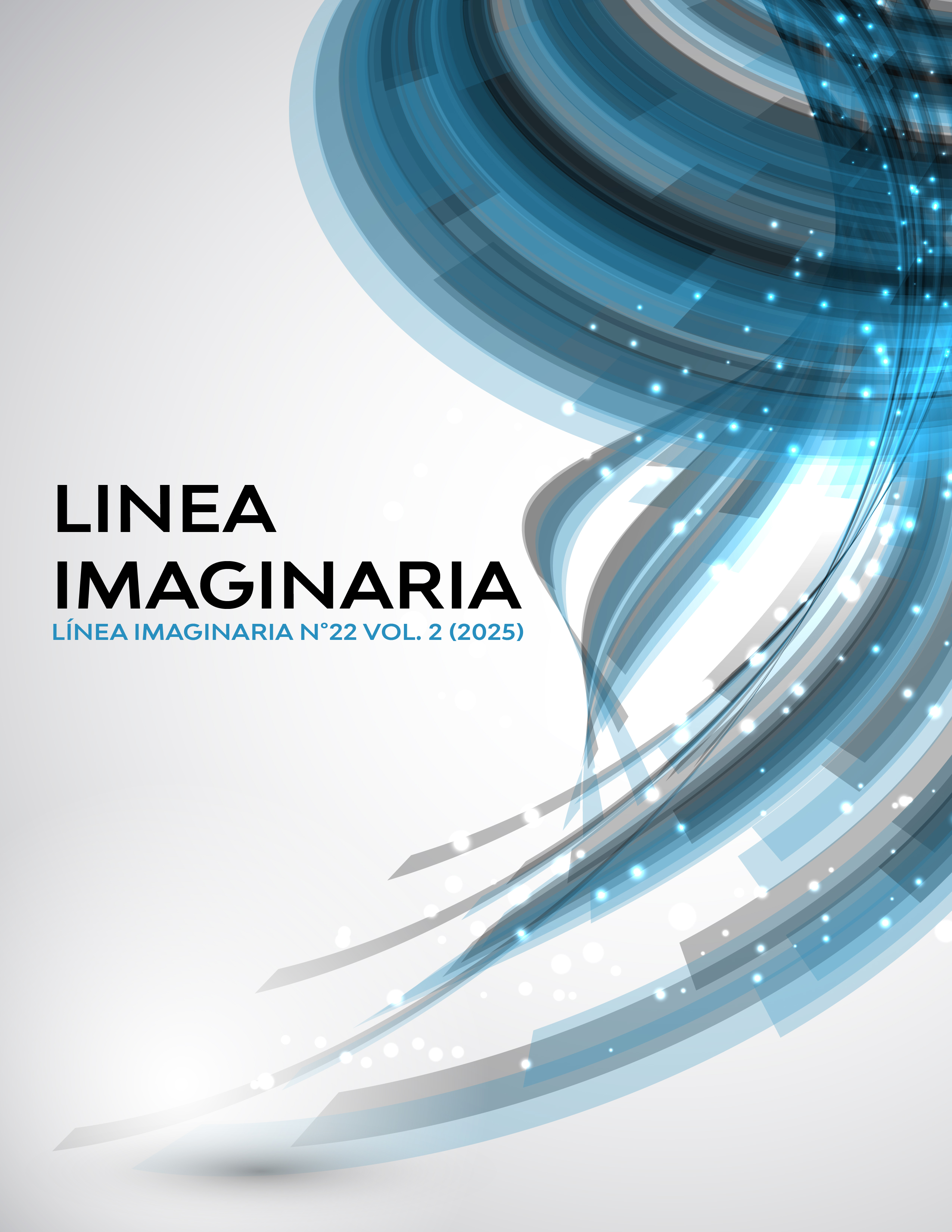MUSIC EDUCATION: A CROSS-CUTTING TEACHING TOOL IN MODERN TIMES.
DOI:
https://doi.org/10.56219/lneaimaginaria.v2i22.4524Keywords:
Music education, academic performance, cognitive developmentAbstract
Among the major structural transformations and adaptations that society is undergoing in this changing world, the educational field stands out. There is a need to generate a transformation that allows it to adapt to the needs of new generations. To achieve this, it is essential to analyze curricula to determine the training spaces that promote cross-curricular learning. In this context, music education emerges as a pedagogical tool that fosters interdisciplinary learning through the experience of music as an art. This essay presents the contributions that music education has on cognitive development, academic performance, and social development, always seeking the comprehensive development of citizens. It also highlights the importance of including music education as a required subject in Colombian curricula. Finally, a reflection will be made on why, despite scientific evidence, this initiative has not yet been implemented.
Downloads
References
Albusac Jorge, M. (2014). Contribuciones de la neurociencia de la música al ámbito educativo. Cuadernos de Etnomusicología. Num. 4. Pp. 87-104
De Gainza, V. (2011). Educación musical siglo XXI: problemáticas contemporáneas. Revista Da Abem, 19, abril 2014. Pp. 11-18
Dierssen, M. (2009). La música: ¿Un impulso básico o un elemento clave en el cerebro? SD Revista Medica Internacional sobre el Síndrome de Down 13 (2): P. 17.
Glowinski, D., Bracco, F., Chiorri, C. y Grandjean, D. (2016). Music Ensemble as a Resilient System. Managing the Unexpected through Group Interaction. Revista Frontiers in Psychology Vol. 7, Pp 1–7
Grinspun Siguelnitzky, N. y Poblete Lagos, C. (2019). Aprendizaje Musical y Funciones Cognitivas: Perspectivas desde la Neurociencia y la Cognición Corporizada. Revista NEUMA Año 11 Volumen 2, Universidad de talca, Chile. Pp. 114-131
Jácome Sotomayor, Y., Verdezoto Estrella, W., Andrade Piñaloza, F. y Jiménez Salazar, T. (2023). El impacto de la Educación musical en el desarrollo cognitivo de los estudiantes de Educación Básica. Revista Polo del conocimiento Vol. 8 Num 4. Pp 2023-2034.
Jauset, J. (2018). El aprendizaje musical y su repercusión en la educación. I Congreso Internacional de Neuroeducación Barcelona, España. Pp 86-103
Lorenzo, M. Corbalán, M. (2025). Conectando la música y la psicología: avances en neurociencia, salud mental y bienestar comunitario. Editorial Dykinson
Miendlarzewska, E, y Trost, W. (2014). Cómo la formación musical afecta el desarrollo cognitivo: ritmo, recompensa y otras variables moduladoras. Revista Frontiers in Neuroscience. Switzerland, Vol. 7 Pp. 279-319.
Oriola Requena S., Gustems Carnicer, J. y Mercé Navarro, C. (2021). La educación musical: fundamentos y aportaciones a la neuroeducación. Revista de neuroeducacion, Vol. 2, Num 1. Julio 2021, 22-29.
Peñalba, A. (2017). La defensa de la educación musical desde las neurociencias. Revista Electrónica Complutense de Investigación en Educación Musical. Vol. 14. Pp. 109-127.
Downloads
Published
How to Cite
Issue
Section
License

This work is licensed under a Creative Commons Attribution-NonCommercial-ShareAlike 4.0 International License.
La revista Línea Imaginaria conserva los derechos patrimoniales (copyright) de las obras publicadas, que favorece y permite la reutilización de los mismos bajo la licencia Creative Commons Atribución-NoComercial-CompartirIgual 4.0 , por lo cual se pueden copiar, usar, difundir, transmitir y exponer públicamente, siempre que se cite la autoría y fuente original de su publicación (revista, editorial, URL y DOI de la obra), no se usen para fines comerciales u onerosos y se mencione la existencia y especificaciones de esta licencia de uso. Si remezcla, transforma o crea a partir del material, debe distribuir su contribución bajo la misma licencia del original.













